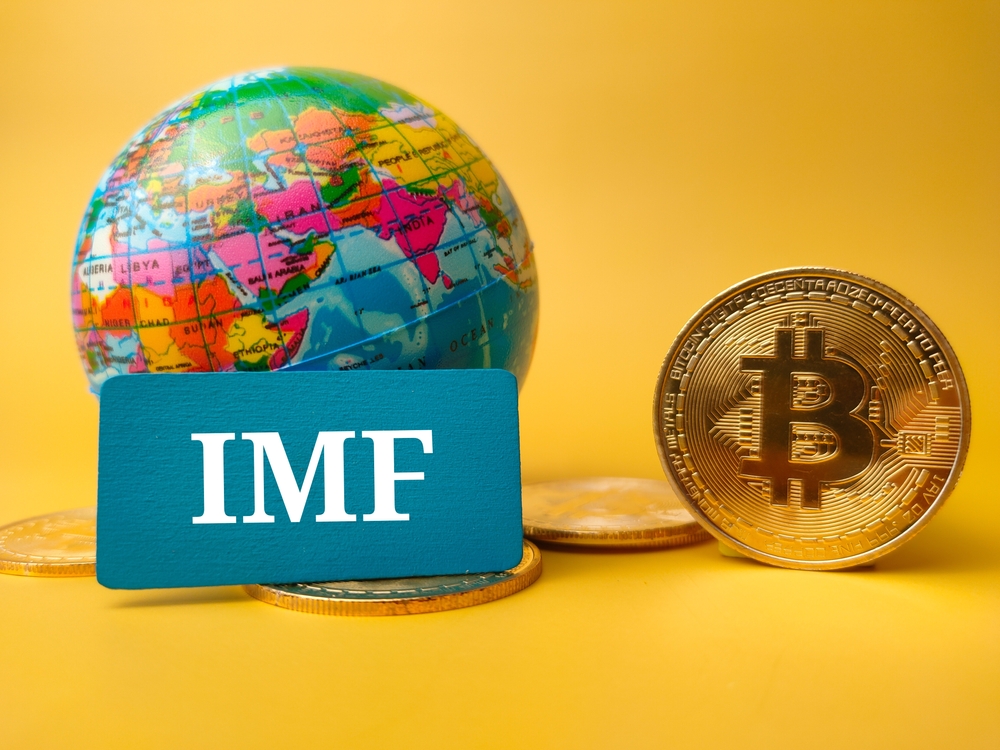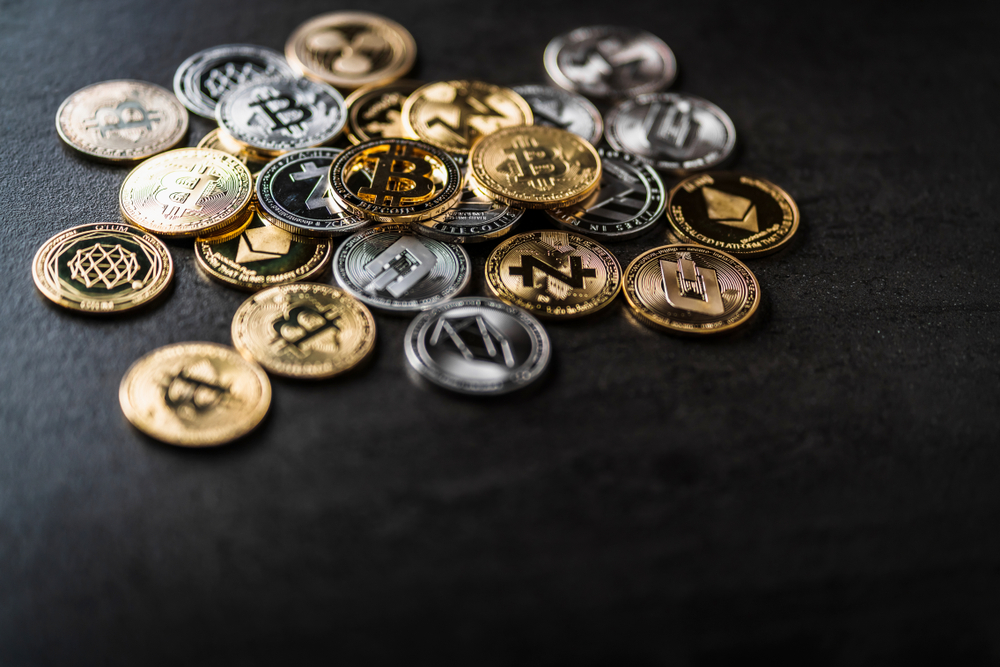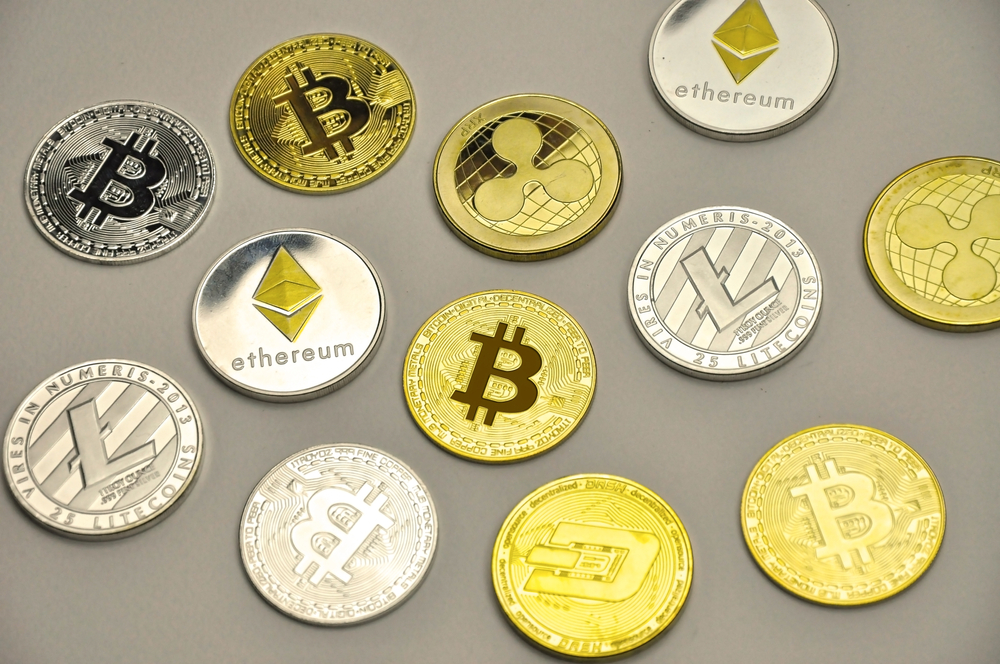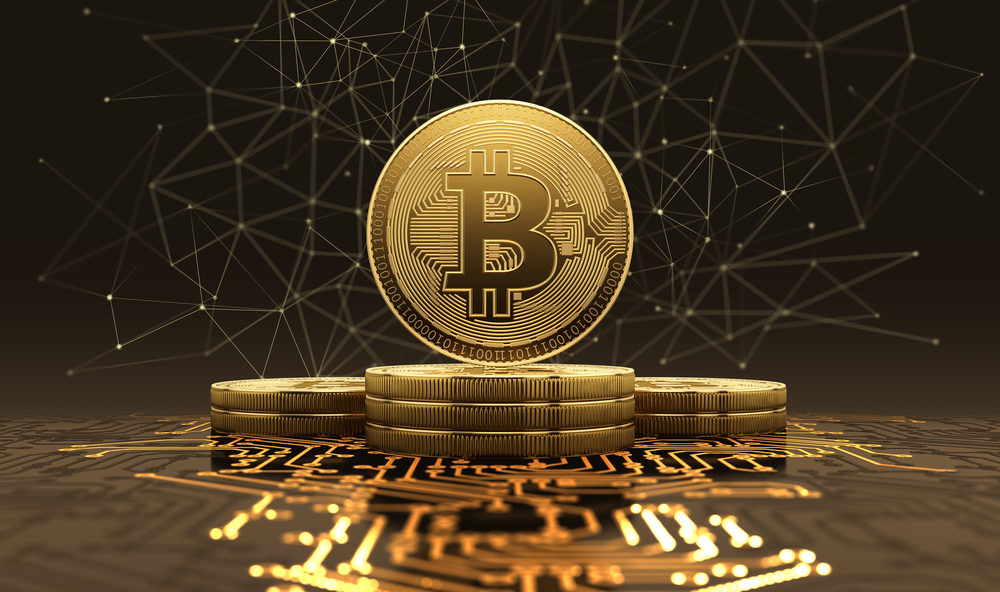IMF’s Take on Bitcoin Tender Adopted in El Salvador
International Monetary Fund (IMF) issued a comprehensive mission statement on 10th February 2023 on Bitcoin’s adoption as a ‘Legal Tender’ by El Salvador.
In this connection, a delegation of IMF visited El Salvador for a week-long consultation on the subject of 2023 Article IV.
The consultation ended on 8th February in which IMF’s delegation pointed out that El Salvador needs to address risks associated with Bitcoin Tender.
It has been mentioned in IMF’s statement that Bitcoin was issued a legal tender in El Salvador two years ago in 2021.
IMF’s statement noted that since 2021, El Salvador has been able to evade potential risks which could have emanated from Bitcoin’s adoption.
IMF then lectured that since El Salvador used Bitcoins restrictedly, hence, the risks have not emerged so far. However, when the usage of Bitcoin will increase then the risks cannot be avoided and therefore risk management is necessary.
It was the view of the IMF that El Salvador has plans to increase Bitcoin use massively. It further noted that El Salvador would very soon be launching Bitcoin-backed ‘tokenized bonds’.
In this connection, IMF stressed that such mass-scale use of Bitcoin and issuance of Bitcoin bonds could however expose economic stability to risks.
Furthermore, such exposure could also lead to the exploitation of financial integrity as well as sustainability, said IMF.
IMF further stressed that even consumer protection is at risk when Bitcoin usage would increase exponentially.
These were the major concerns of the IMF with regard to El Salvador’s Bitcoin which the IMF has identified in its mission statement.
El Salvador’s Bitcoin Tender
El Salvador became the first country in the entire world which adopted Bitcoin as a ‘national currency’ in 2021.
It was in September 2021, when El Salvador issued Bitcoin a ‘Legal Tender’ and has since been investing in it remotely.
The initiative of issuing Bitcoin Tender was backed by the country’s President, Nayib Bukele, who is also a big-time supporter of Bitcoin.
None of this would have happened if it was not for Nayib Bukele’s efforts, aiming to make the country a crypto hub.
He was eager to ensure that El Salvador emerged as a country that is friendly towards cryptocurrencies. Most importantly, he wants the country to become friendly toward Bitcoin.
Finally, his efforts were able to make it happen and Bitcoin became a legal tender in the country.
Initially, El Salvador’s exposure to Bitcoin seemed appealing, however, since the end of 2021 to date, Bitcoin’s progress has been lethargic.
For instance, when El Salvador’s Government first acquired Bitcoins, the coin’s value was ranging over $40,000. Currently, Bitcoin’s present value, which is just over $21,500 is half the size of what it was in September 2021.
Greater Transparency Needed From the Government Side
Of course, the El Salvadoran Treasury’s Bitcoin holding is in the negative and there are no chances of any quick rebounding.
Considering this, IMF has advised El Salvador to encourage transparency especially when the Government is about to acquire Bitcoins.
IMF stated specifically that El Salvador must ensure transparency with regard to its official Bitcoin wallet namely ‘Chivo Wallet’.
IMF noted that transparency is much needed so as to address counterparty risks as well as expected contingencies.
IMF’s Analysis of the El Salvadoran Economy
IMF further noted that El Salvadoran economy has increased almost by 2.8% since the past year.
IMF appreciated El Salvadoran for ensuring growth even though Bitcoin’s risks were there, the market was sluggish and macroeconomic conditions were apparent worldwide.
It has been further pointed out by IMF that a state’s treasury is required to avail benefits from international capital markets. However, in the case of El Salvador, such access is lacking, asserted IMF.
In this context, IMF advised El Salvador to consider implementing global policies such as AML and CFT.











